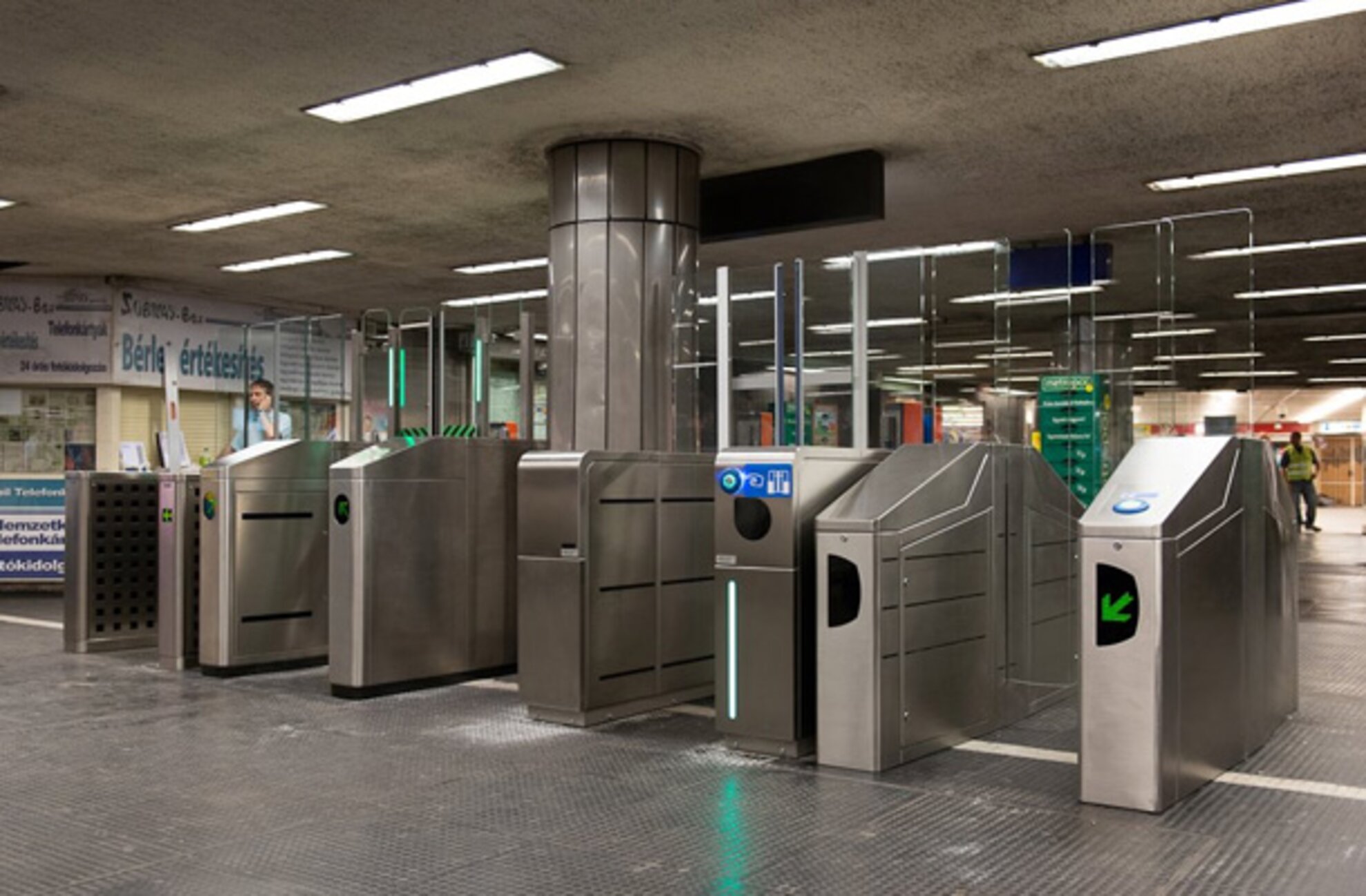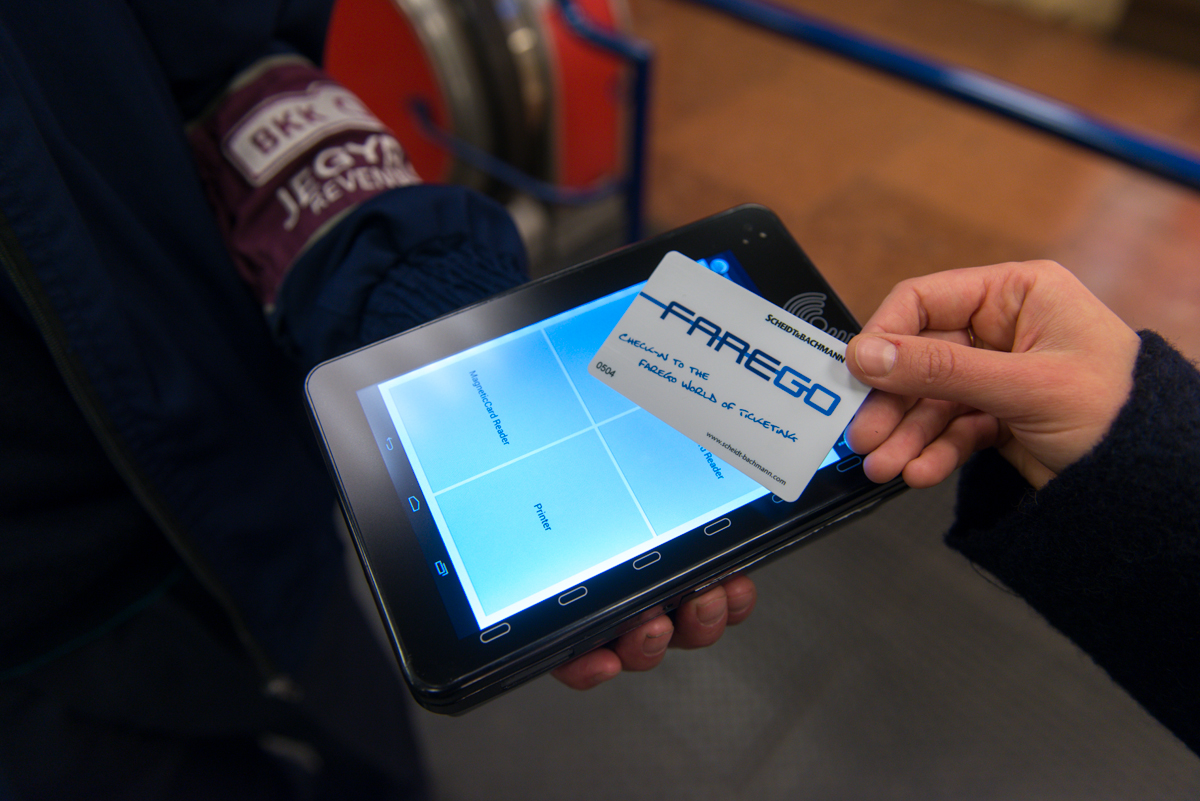The new system – planned to start in 2014, completed in 2016 and to be introduced in several phases – will provide many novelty items, changes for the travelling public. Paper-based passes will be replaced by contactless chip cards and thus passes as products will become virtual. Functionality will be similar to a banking system with a bank account, the bank card and the funds in the account. The account holder will be BKK, the travel card will function like a bank card, while funds in the account will represent the pass. Photo will be required for travel cards for monthly or annual passes. It will be easy and possible to extend the validity automatically, as well as blocking the card and transfer virtual products to new card in case of loss.
In addition, another beneficial change is that single tickets will be replaced by time-based tickets, which will be – within the validity period (either 30 or 60 minutes depending on a later decision) – valid for an unlimited number of transfers and trips. For the majority of the customers it will make travelling easier and in some cases cheaper.

Validity of tickets and passes will be controlled by handheld devices of ticket inspectors. Fare evasion can be reduced by the automatic access gates installed at metro and some suburban railway (HÉV) stations thus the introduction of the AFC system will contribute to the increase of the service level as well as to the sustainable financing of the public transport system.The system will be simple and easy to use for passengers, but it will be backed by one of the most complex transport and IT developments in Hungary as connected to the project every tram, trolleybus and bus will have to be provided with new validators in parallel with the introduction of new passes to replace paper-based tickets. Also, hundreds of automatic access gates will have to be installed at every metro station and new travel media needs to be produced for hundreds of thousands of passengers.




